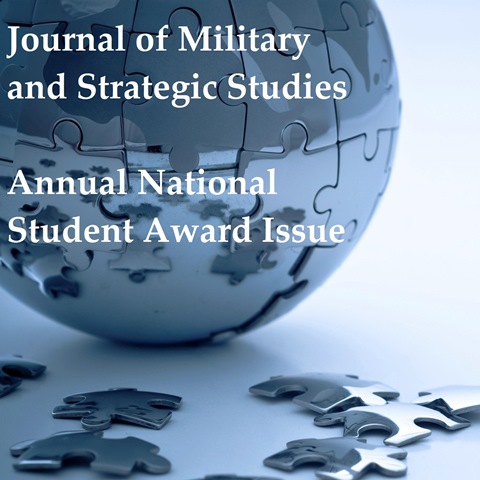The Fight Against Terrorism—the need for local police units in the United States’ intelligence community
Abstract
Post-9/11 saw an undeniable change in the threat landscape, necessitating a differing understanding of how states conduct security. Due to these evolving security concerns, it is important that states foster an inclusive and cooperative intelligence community. The United States’ lack of ability to create such a community, is potentially one of their biggest counterterrorism downfalls. This paper seeks to showcase the cracks in the American intelligence system, and argue that not only does there need to be improved cross-agency communication, but that local police bureaus must be included in the counterterrorism fight. Local police offer unique and valuable skills, which could help to patch several of the holes in current intelligence collection efforts. As the threat environment is continually changing, it is necessary for the United States to put all hands in the proverbial pot for intelligence collection and counterterrorism efforts, in order to adequately speak to the emerging risks to national (and international) security



